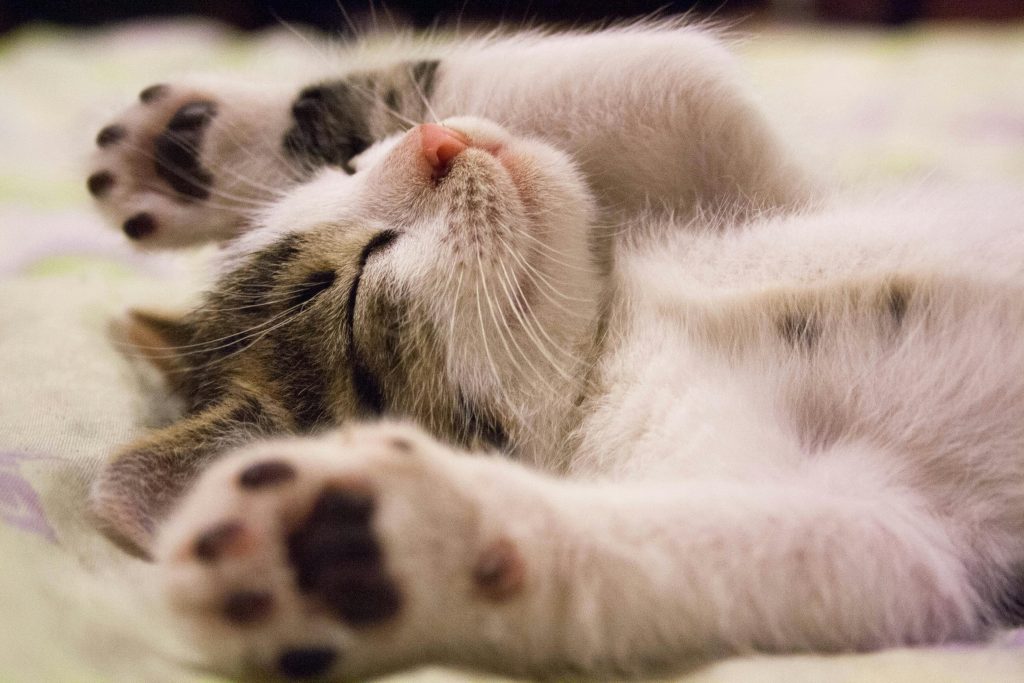You’re exhausted. You lie in bed, staring at the ceiling, while your brain replays every awkward moment from the past decade. Meanwhile, the clock mocks you: 3:17 AM… 3:43 AM… 4:22 AM…
Sound familiar? You’re not alone. Over 1 in 3 adults worldwide suffer from poor sleep, costing the global economy $680 billion annually in lost productivity and healthcare.
But here’s the good news: You can retrain your brain and body for better sleep—naturally. This guide reveals the most effective, science-backed methods to fall asleep faster, stay asleep longer, and wake up refreshed—without pills or gimmicks.
Why Sleep Matters More Than You Think
Sleep isn’t just “downtime”—it’s when your:
- Brain files memories (students who sleep after learning recall 40% more)
- Body repairs muscles (growth hormone peaks during deep sleep)
- Immune system recharges (just one night of poor sleep weakens defenses)
Shocking fact: People who regularly sleep less than 6 hours have a 13% higher death risk over 25 years compared to those sleeping 7-8 hours.
The 5 Biggest Sleep Killers (And How to Fix Them)
1. Blue Light Sabotage
Problem: Phones/TVs emit blue light that blocks melatonin (your sleep hormone).
Fix:
- Install f.lux or use “Night Mode” on devices after sunset
- Stop screens 90 minutes before bed (try a book instead)
- Use dim, warm-colored bulbs in bedrooms
Study result: People who read e-books before bed take 1.5 hours longer to fall asleep than those reading print books.
2. The Afternoon Caffeine Trap
Problem: Coffee’s half-life is 5-6 hours. A 3 PM latte = 40% still in your system at 9 PM.
Fix:
- Cut off caffeine by 2 PM
- Switch to herbal tea (chamomile lowers anxiety)
- Try a “caffeine nap” (coffee + 20-minute nap = 2x alertness boost)
Brain hack: Decaf coffee can trick your brain into feeling energized through placebo effect.
3. The Tossing-and-Turning Cycle
Problem: Staying in bed awake trains your brain to associate bed with frustration.
Fix:
- If awake >20 minutes, get up and do something boring (fold laundry, read a textbook)
- Return to bed only when sleepy
- Keep lights dim during this process
Military method: Navy SEALs use this to fall asleep in 2 minutes anywhere.
4. The Weekend Lie-In Mistake
Problem: Sleeping in on weekends disrupts your circadian rhythm (internal clock).
Fix:
- Wake within 1 hour of your weekday time daily
- Get morning sunlight within 30 minutes of waking (resets your clock)
- If sleep-deprived, take 20-minute naps instead
Science fact: It takes 3 days to recover from one hour of sleep debt.
5. The Midnight Snack Problem
Problem: Digestion raises body temperature (your core needs to cool 1-2°F to sleep).
Fix:
- Finish eating 3 hours before bed
- If hungry, try:
- Banana (contains sleep-promoting magnesium)
- Almonds (melatonin source)
- Warm milk (tryptophan → serotonin → melatonin)
Surprising stat: People who eat within an hour of bed have 50% more nighttime awakenings.
Create Your Perfect Sleep Sanctuary
Temperature
- Ideal bedroom temp: 16-19°C (60-67°F)
- Hot sleepers: Try cooling mattress pads (-5°F difference)
- Cold sleepers: Wear socks (warm feet help blood vessels dilate for sleep)
Light
- Blackout curtains (even small LEDs disrupt sleep)
- Sleep mask if needed (improves REM sleep by 30%)
Sound
- White noise machines mask disruptions (reduces wake-ups by 38%)
- Earplugs for light sleepers (choose moldable silicone)
Bedding
- Pillow height: Side sleepers need thicker than back sleepers
- Mattress lifespan: Replace every 7-10 years (sagging causes back pain)
The 60-Minute Wind-Down Routine That Works
T-60 minutes: Dim lights, start relaxing activity (puzzle, coloring book)
T-30 minutes: Warm shower (body cooling afterward induces sleepiness)
T-15 minutes: Light stretching/yoga (reduces muscle tension)
T-5 minutes: 4-7-8 breathing (inhale 4s, hold 7s, exhale 8s)
Harvard study: People following a wind-down routine fell asleep 37% faster.
When to Seek Help
Try these methods for 3 weeks. If still struggling:
- Sleep apnea signs: Loud snoring + daytime fatigue (affects 1 billion people)
- Insomnia: Takes >30 minutes to fall asleep 3+ nights weekly
- Restless legs: Urge to move legs at night (often low iron)
Medical options:
- CBT-I (therapy that cures insomnia in 80% of cases)
- Sleep studies (if suspecting apnea)
Think of tonight’s sleep as tomorrow’s foundation. Every hour invested in quality rest pays dividends in:
- Sharper decisions
- Stronger health
- Deeper happiness
You wouldn’t expect a phone to work without charging. Why expect it of yourself?
Tonight, try just one change from this guide. Tomorrow, notice the difference.
Because in the quiet dark of night, something miraculous happens—your body heals, your mind resets, and you’re rebuilt anew.
All you have to do is let it.

